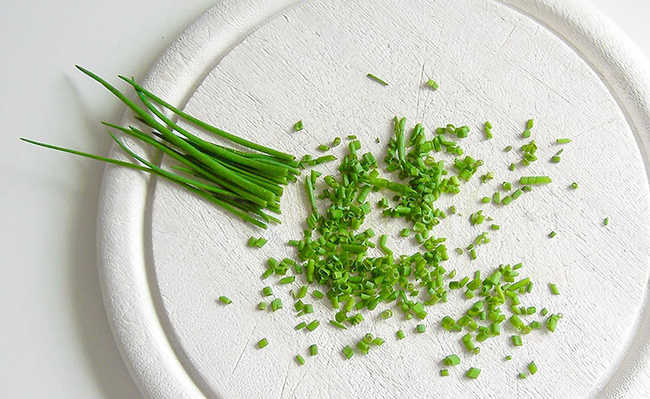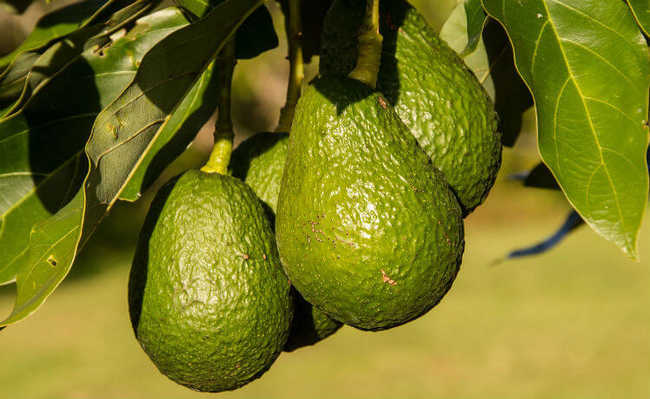Properties of chives and their health benefits
Chives are rich in nutrients and have beneficial health properties. Understand

Anna Armbrust image by Pixabay
Chives are the leaves of a plant originating in Europe, with a scientific name Allium Schoenoprasum, also popularly known as chives or chives, in Portugal. It is a plant that reaches a maximum of 30 cm in height, has plump dark green leaves and rounded pink flowers.
- How to plant chives?
In Brazilian cuisine, chives are widely used in raw salads and as a seasoning for hot dishes such as beans and quiches. But she is very confused with the Asian species. Allium fistulosum, popularly known as chives. Chives are very beneficial for health, being rich in nutrients, antioxidants and low in calories.
- Seasonings and their health benefits
Chive properties
A tablespoon containing three grams of chopped chives provides just one calorie and less than one gram of fat, protein, or carbohydrate. In contrast, chives provide 3% of the Recommended Daily Intake (RDI) of vitamin A and C.
| One tablespoon of chopped chives contains: | |
|---|---|
| vitamin k | 6.4 micrograms |
| Folate | 3 micrograms |
| Calcium | 3 milligrams |
| Magnesium | 1 milligram |
| Phosphor | 2 milligrams |
| Potassium | 9 milligrams |
health benefits
Prevents various types of cancer
The nutrients in chives offer a number of health benefits, including cancer prevention and mood improvement.
According to one study, the benefits of chives in preventing cancer of the colon and rectum are due to the presence of organosulfur compounds in the plant. The study authors recommend consuming ten or more servings of chives or other vegetables belonging to the family Allium, such as garlic, onion and leeks.
- Seven Benefits of Raw and Cooked Onions
A study published in Journal of National Cancer Institute concluded that men who eat more vegetables belonging to the family Allium, like chives, have a lower risk of developing prostate cancer.
Improves sleep and learning
The choline present in chives is an important nutrient that helps regulate sleep, muscle movement, learning and memory. It also helps maintain the structure of cell membranes, aids in the transmission of nerve impulses, aids in fat absorption, and reduces chronic inflammation.
Contributes to bone health
Vitamin K, a nutrient present in chives, contributes to bone strength.
good for the mood
The vitamin K present in chives also plays an important role in the production of well-being hormones, including serotonin, dopamine and norepinephrine. These hormones regulate not only mood but also sleep and appetite.
Improves heart health
Heart health benefits from potassium and the organic compound allicin present in chives. Another organic compound, quercetin, helps reduce cholesterol levels and arterial plaque, leading to better cardiovascular health and a lower risk of atherosclerosis, heart disease and stroke.
- Does altered cholesterol have symptoms? Know what it is and how to prevent it
Contributes to vision
Chives contain lutein and zeaxanthin carotenes. These compounds reduce oxidative stress in the eyes, delaying the development of cataracts, giving chives the property of doing good for the eyes.
Boosts immunity
The vitamin C in chives is known to benefit the immune system.
Allicin present in chives and in greater amounts in garlic also has antibacterial, antifungal, antiviral and antiparasitic properties.










